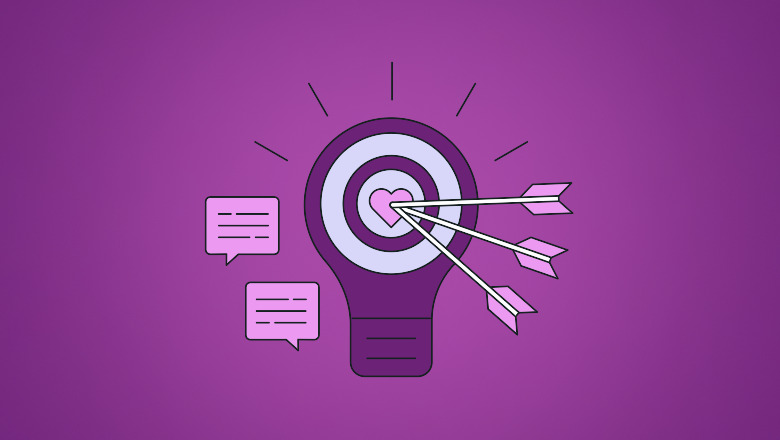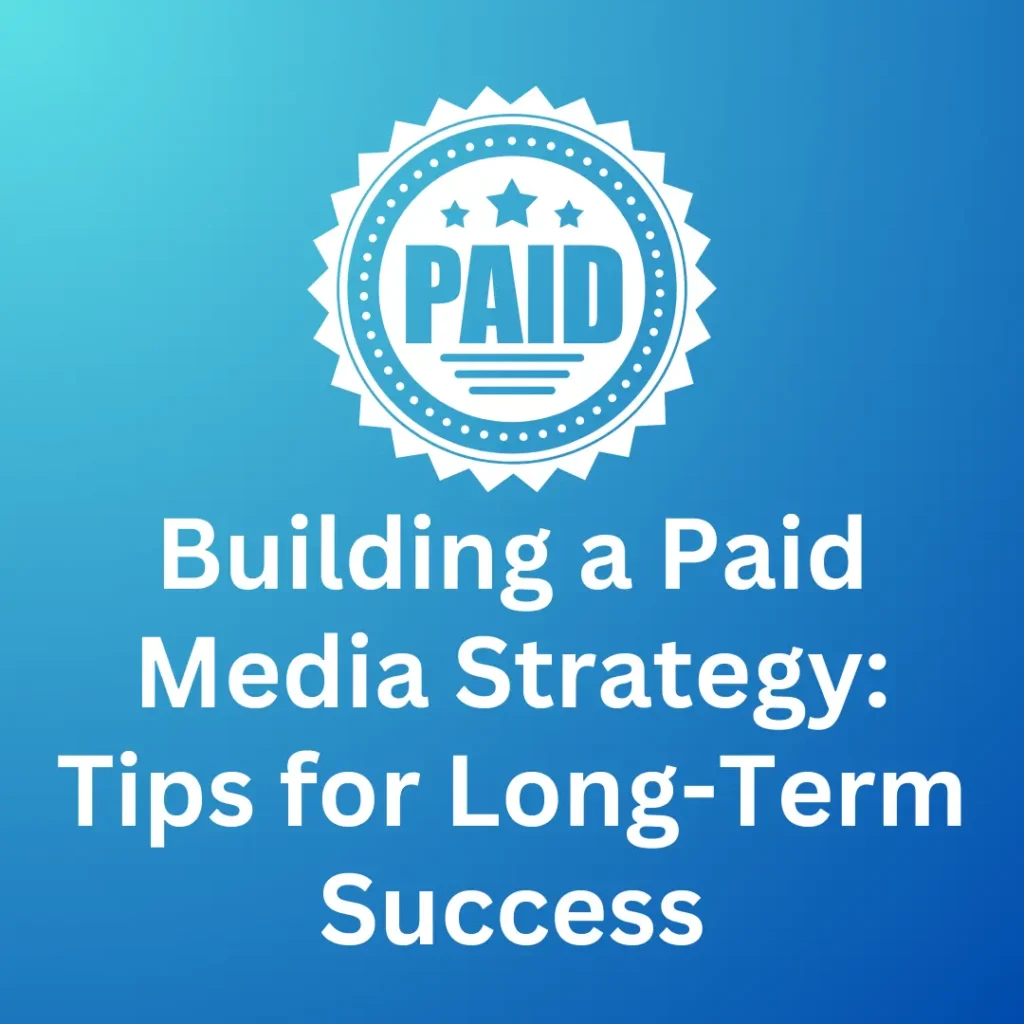Introduction
Paid media is a key part of digital marketing. It helps your business reach more people. This guide will help you build a paid media strategy. Follow these tips for long-term success.
What is Paid Media?
Paid media is when you pay to promote your content. This can be through ads on social media, search engines, or other websites. Paid media helps you reach a wider audience. It can bring more traffic to your website.
Why is a Paid Media Strategy Important?
A good strategy helps you plan your efforts. It ensures you spend your money wisely. A strategy helps you track your results. It shows you what is working and what is not. This way, you can improve your campaigns over time.
Steps to Build a Paid Media Strategy
1. Set Clear Goals
Start by setting clear goals. What do you want to achieve with paid media? Common goals include:
- Increasing website traffic
- Generating leads
- Boosting sales
- Building brand awareness
Be specific with your goals. For example, “Increase website traffic by 20% in 3 months.”
2. Know Your Audience
Understand who your audience is. Know their age, gender, interests, and online habits. This helps you create ads that appeal to them. Use tools like Google Analytics and social media insights to gather this information.
3. Choose The Right Platforms
Choose the platforms where your audience spends their time. Common platforms include:
- Google Ads
Each platform has its strengths. For example, Facebook is good for targeting specific demographics. LinkedIn is great for B2B marketing.
4. Create Compelling Ads
Your ads should grab attention. Use clear and simple language. Include a strong call-to-action (CTA). Make sure your visuals are high-quality. Test different ad formats to see what works best.
5. Set A Budget
Decide how much you want to spend. Start with a small budget. You can increase it as you see results. Monitor your spending to ensure you stay within your budget.
6. Track Your Results
Use analytics tools to track your results. Look at metrics like clicks, conversions, and return on investment (ROI). This helps you see what is working and what needs improvement.
7. Optimize Your Campaigns
Use the data you collect to optimize your campaigns. Make changes to your ads based on what you learn. This will help you get better results over time.

Credit: blog.hubspot.com
Tips for Long-Term Success
1. Stay Consistent
Consistency is key. Keep your branding and messaging consistent across all platforms. This helps build trust with your audience.
2. Keep Learning
Digital marketing is always changing. Stay up-to-date with the latest trends and best practices. This will help you stay ahead of the competition.
3. Be Patient
Success doesn’t happen overnight. Be patient and keep working on your strategy. Over time, you will see the results of your efforts.
4. Test And Experiment
Don’t be afraid to try new things. Test different ad formats, targeting options, and messaging. This will help you find what works best for your audience.
5. Listen To Feedback
Pay attention to feedback from your audience. Use it to improve your campaigns. This will help you create ads that resonate with your audience.

Credit: sproutsocial.com
Frequently Asked Questions
What Is A Paid Media Strategy?
A paid media strategy uses paid channels to promote content or products.
Why Is A Paid Media Strategy Important?
It helps reach a larger audience and drives more traffic to your site.
How Do I Start A Paid Media Strategy?
Identify your goals, target audience, and budget. Choose the right platforms to advertise.
What Platforms Are Best For Paid Media?
Popular platforms include Google Ads, Facebook Ads, and Instagram Ads.
Conclusion
Building a paid media strategy takes time and effort. But with the right approach, you can achieve long-term success. Follow these tips to create a strategy that works for your business. Remember to stay consistent, keep learning, and be patient. Good luck!

